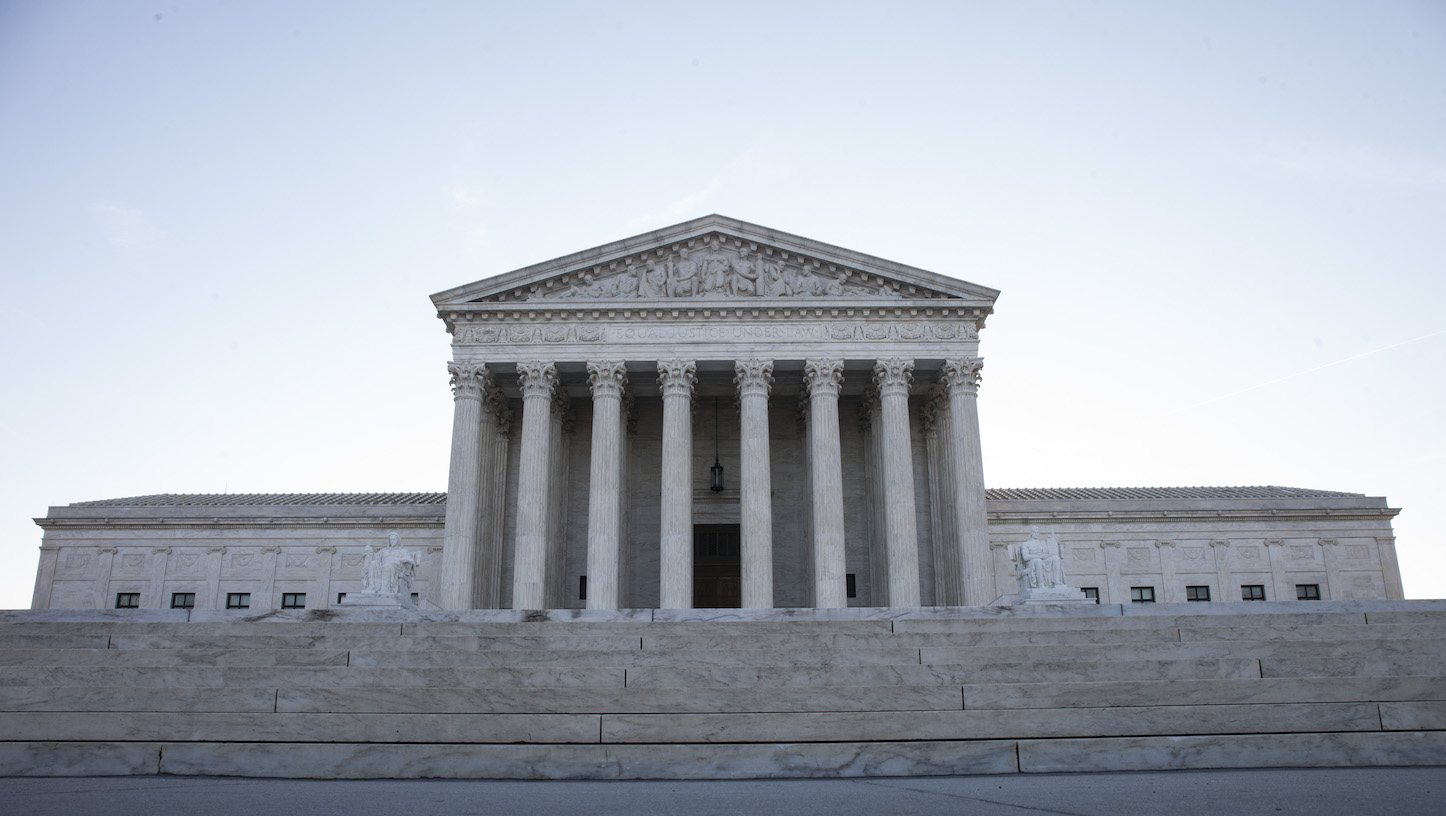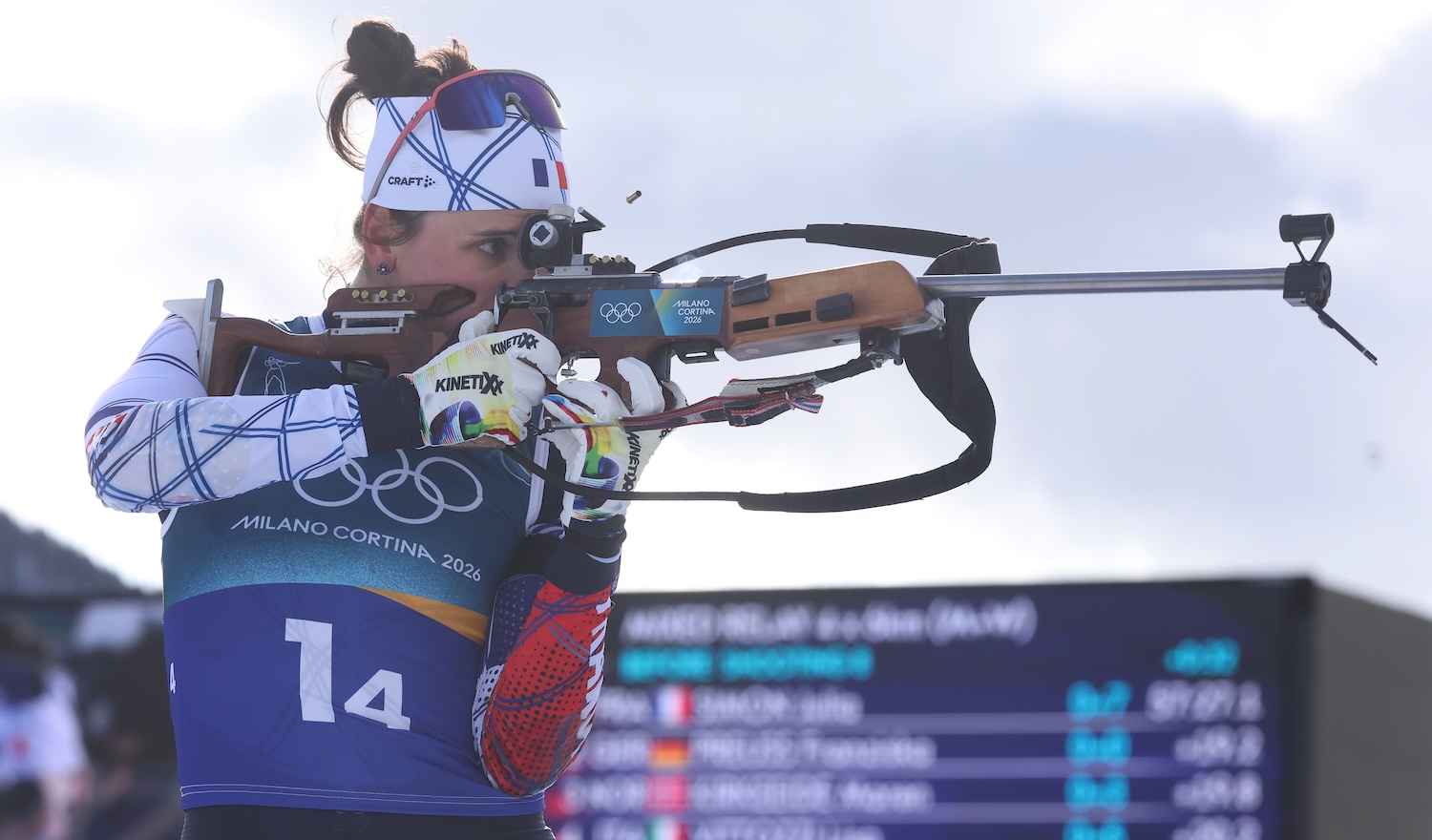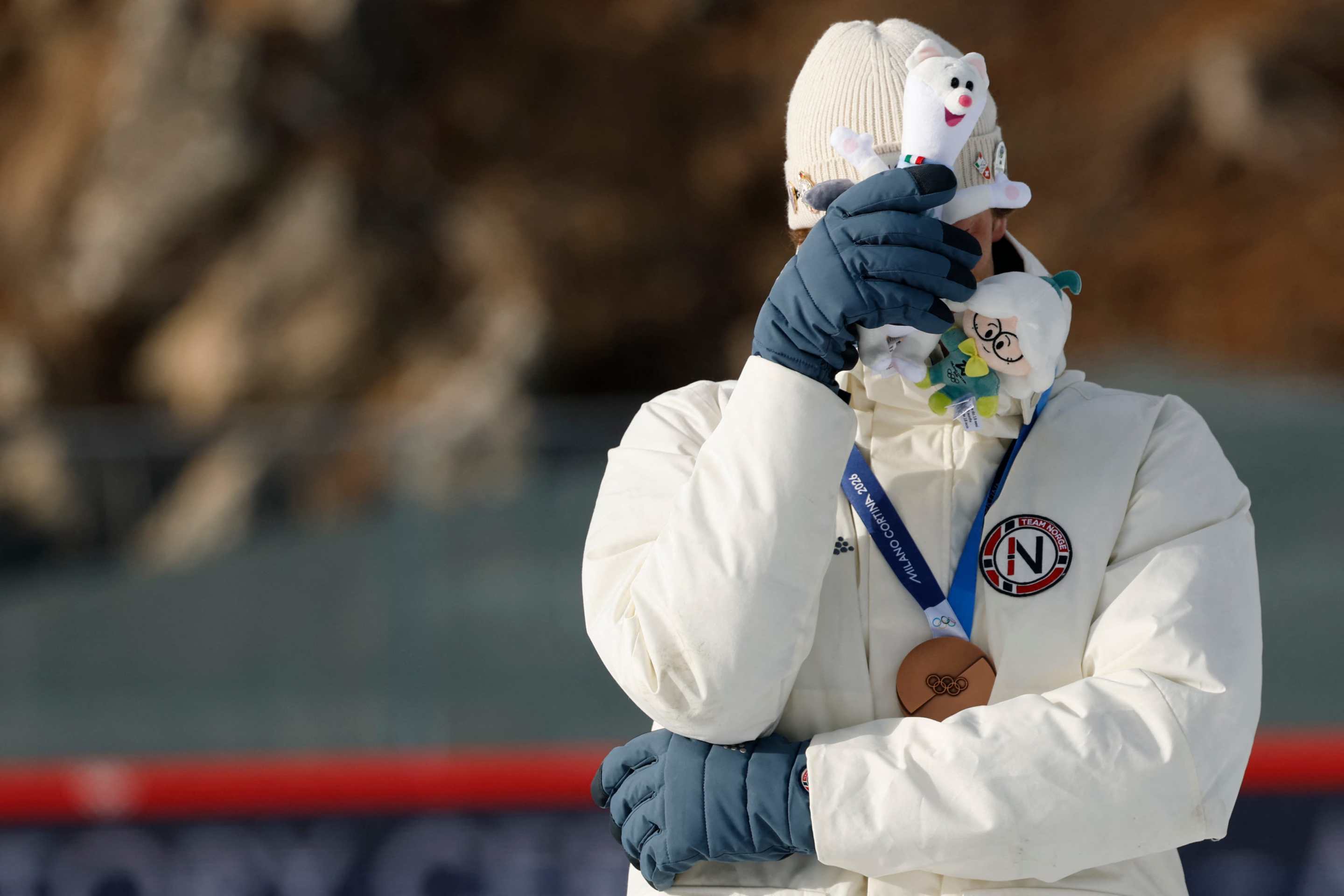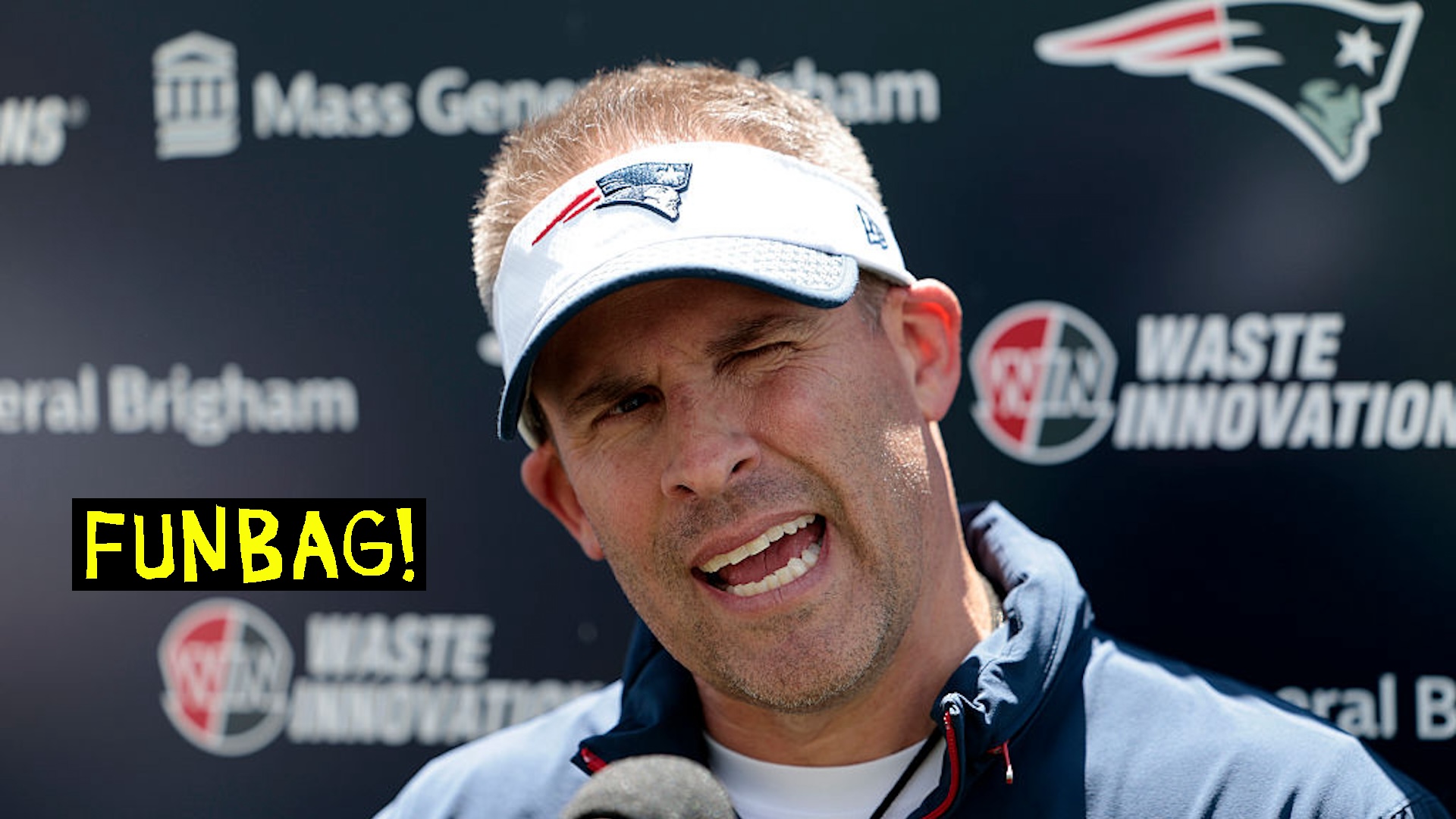Nebraska football received validation in the highest court in the land on Wednesday when the typically reserved Justice Clarence Thomas interrupted the oral arguments of NCAA v. Alston, which could determine whether athletes get a slice of the multibillion-dollar pie that is college athletics.
“I’m sorry to cut you off Mr. Kessler,” Thomas said. “That sounds fine for the upper level schools, whether it is Alabama, Ohio State, and, uh, Nebraska ...”
Hold on. Nebraska? This Supreme Court mention is instantly the peak of the Scott Frost era, considering the Huskers have not produced a winning season since 2016 or appeared in a New Year’s Six bowl game since 2006, and cowardly refused to take on the staff of Defector.com last fall.
Even more jarring than Nebraska getting a mention here was where it came from. It was Clarence Thomas, the same justice who once stayed silent from the bench for literally an entire decade, who chirped up to put Nebraska on par with Alabama and Ohio State, recorded forever in the court’s official minutes.
But upon further investigation, Thomas didn’t just word-vomit Nebraska because he couldn’t think of another big state school, or because he got their colors confused with Wisconsin. Thomas is a crazy Cornhusker! He became a fan because his wife is from Omaha, and Tom Osborne once invited him to the football office back in the ‘90s—also known as the last time Nebraska football was relevant, let alone could be considered a top-tier program. Thomas has even led the Nebraska football team out onto the field as an honorary coach.
From a 2010 story on Justice Thomas, the Huskers fan:
He believed it's because of the "right way" things are done at Nebraska he said, like the university's emphasis on academics, graduation rates and character."You got to bring up the whole person. You can't turn character on and off. It's off the field and on the field. It's wonderful to follow," Thomas said.He rattled off the names of new recruits and quotes from Coach Bo Pelini."Remember what he told (Ndamukong) Suh about coming back? 'There's more out there for you.' He didn't tell him you got to come back so we could win. He said there's more out there for you," Thomas said.
Whew. Rattling off Bo Pelini quotes, now that is an illness.
When Thomas wasn’t slipping in an inflated opinion of the Huskers program, he and the other justices totally owned the NCAA in a bipartisan display of skepticism.
NCAA attorney Seth Waxman struggled to satisfy the justice’s questions in the oral arguments of NCAA v. Alston, a dispute about antitrust law that aims to answer the question of whether the NCAA is allowed to set caps on “education-related benefits,” like scholarships and paid internships, that schools provide athletes. Or do those limits illegally curb trade?
But really, at its core, NCAA v. Alston is about that precious ideal that guides every NCAA rule: protecting its definition of amateurism and defending the right to not pay college athletes. It turns out the argument for paying players is so downright logical that it crosses ideological lines.
Here’s a sampling of the heat the justices hurled Waxman’s way:
Justice Brett Kavanaugh: "The antitrust law should not be a cover for exploitation of the student athletes. … The schools are conspiring with competitors—agreeing with competitors, let's say that—to pay no salaries for the workers who are making the school billions of dollars on the theory that consumers want the schools to pay their workers nothing. And that just seems entirely circular and even somewhat disturbing."
Kavanaugh: “You worry about student athletes getting $6,000 a year, as if that was some exorbitant amount, when TV contracts are in the billions. $6,000 a year is not a lot given the time and the injuries and inability to go to class and to major in what they want. You are talking about $6,000 as if it’s an exorbitant amount.”
Thomas: “It just strikes me as odd that coaches’ salaries have ballooned and they are in the amateur ranks, as are the players.”
Justice Samuel Alito: “The briefs that are submitted in support of the respondents paint a pretty stark picture and they argue that colleges with powerhouse football and basketball programs are really exploiting the students they recruit. They have programs that bring in billions, this money funds enormous salaries for coaches, but the athletes themselves have a pretty hard life. They face training requirements that leave little time for study, pressure to drop out of majors and hard classes, shockingly low graduation rates. So the argument is, they are recruited, they're used up, and then they're cast aside without even a college degree. So they say, how can this be defended in the name of amateurism?"
Alito: “You say that what is distinctive about your product is that your players aren’t paid. That was true 100 years ago, but in fact they are paid, they get lower admission standards, tuition room and board, that’s a form of pay. So the distinction is not whether they are going to be paid, it’s the form in which they are going to be paid and how much they are going to be paid? Isn’t that right?”
Justice Elena Kagan: “Mr. Waxman, the way you talk about amateurism, it sounds awfully high-minded. But there is another way to think about what is going on here and that is that schools that are naturally competitors have all gotten together in an organization—an organization that has undisputed market power—and they used that power to fix their products salaries at extremely low levels, far lower than what the market would set if it were allowed to operate. So why shouldn't we think of it in just that kind of way? That these are competitors all getting together with total market power, fixing prices?”
Justice Neil Gorsuch: “Here, the agreement that is at the center of the case is an agreement among competitors to fix price with a labor market, where you have monopsony control. The NCAA has monopsony control over labor price. There aren’t other leagues that might compete with the NCAA that might allow payments and you could test consumer demand that way. So why isn’t that at least appropriate basis for a more searching rule of reason analysis?”
Justice Amy Coney Barrett: “Justice Alito said that tuition and the in-kind benefits are a form of pay. You answered and said it’s not pay, because the NCAA has defined pay as the reasonable and necessary expenses to obtain education. But I’m wondering, why does the NCAA get to define what pay is?”
I’m not saying that these other justices aren’t college sports sickos, as it’s very possible some of them were up late the night before oral arguments watching Michigan miss a shot at the buzzer. Maybe the justices prepped their searing questions by the blue light of their televisions, angered by the slow-paced basketball on the screen, their pointed probing fueled by the endless commercial breaks and references to “student-athletes” on the broadcast.
But on Wednesday, at least, the justices appeared to see college sports with a removed, clear-eyed view, asking very logical questions that any reasonable outsider would of the NCAA model. They aren’t blindly worshipping at the altar of amateurism. They see the NCAA for what it really is, and they said so: an “exploitative,” “high-minded” and “disturbing” “monopsony.” Sometimes it’s useful to get an outsider’s perspective to remind everyone just how nuts the situation really is.
this supreme court hearing is a reminder that the ncaa's arguments sound REALLY crazy to people who don't really follow sports like that.
— bomani (@bomani_jones) March 31, 2021
Waxman’s argument centered on the fact that the NCAA is “defined by its restriction on compensation,” and successful because of that amateurism. It’s what the consumers want and the public benefits from the choice between pro and amateur sports, he said.
“The court now says that we cannot restrain schools from awarding every D-1 athlete, just for being on the team, $5,980 per year, god help us, that is pay for play,” Waxman whined.
The justices also questioned Jeffrey Kessler, the lawyer representing the athletes. Several expressed concern that if they ruled in his favor, the lawsuits that followed could take down the whole NCAA by eroding any kind of limits to athletes compensation.
"This is a delicate area," Barrett concluded. "On the one hand, there's concern about blowing up the NCAA.”
"How do we know that we're not just destroying the game as it exists?" asked Justice Sonia Sotomayor.
To my mind, Barrett and Sotomayor are asking the right questions but fearing the wrong outcome. We already know what happens when the NCAA gets its way, and it’s not good. Blowing the whole thing up might just be the best answer.
A ruling is expected in a few months, most likely in June.






